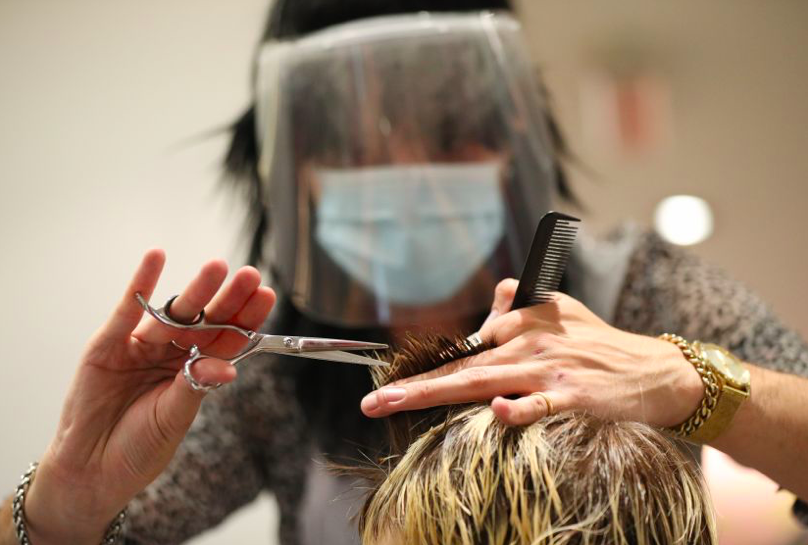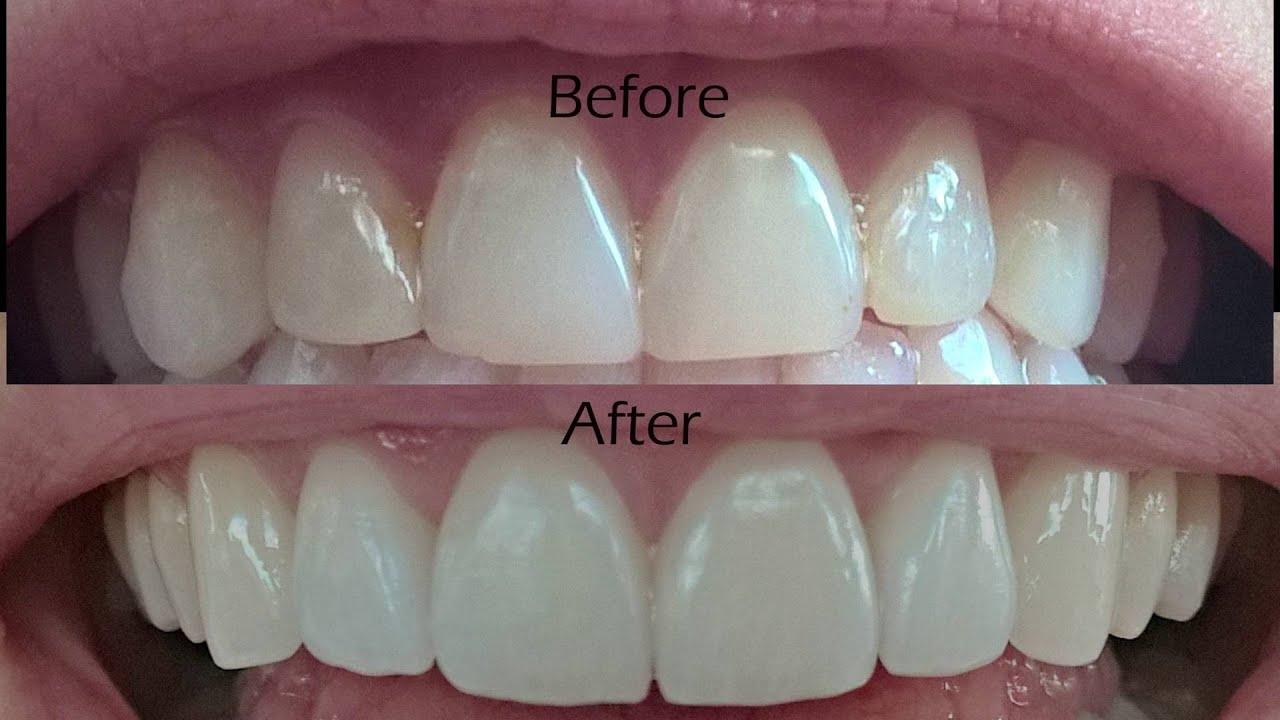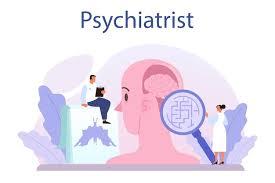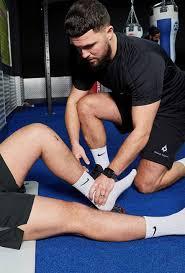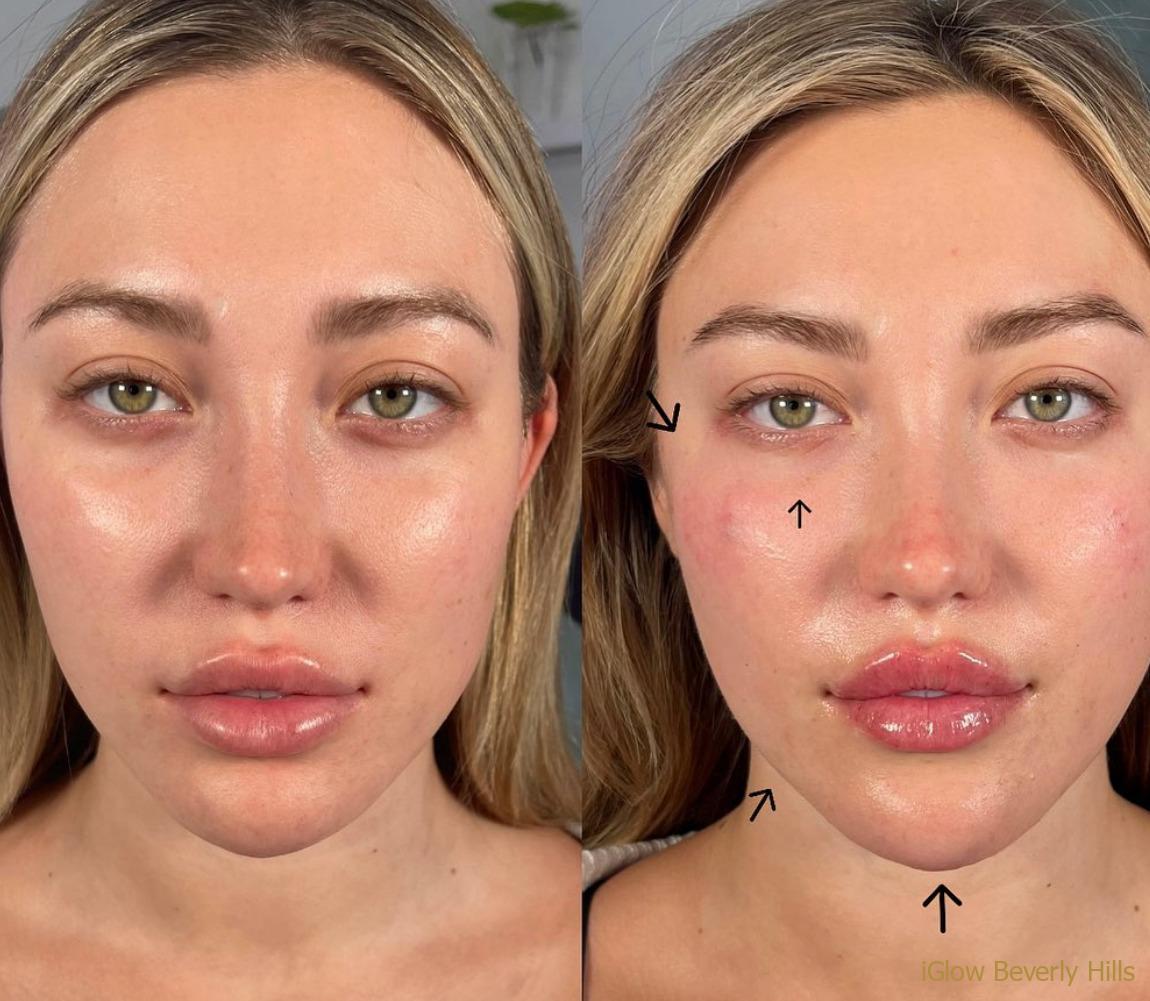As parents, we pay close attention to every small change in our child's behavior, and when a baby's chin begins to tremble, it's one of the things that frequently causes us to wonder. You may have questioned if it's cause for concern if you've ever witnessed your baby chin quivering or tremor. Don't freak out; a baby's chin twitching is typically harmless and rather normal. We will explore the causes of this, when to be worried, and how to handle the problem in this post.
What is Baby Chin Quivering?
The term "chin quivering" describes a baby's lower lip or chin twitching or trembling quickly, sometimes subtly. Usually observed when a newborn is agitated, chilly, or even thrilled, this involuntary movement can last anywhere from a few seconds to a minute. Even while this behavior might be disconcerting to observe, it's crucial to remember that it often does not indicate a major health issue.
6 Causes of Baby Chin Quivering
- Cold Temperature
Being chilly is one of the most frequent causes of a baby's chin quivering. Babies may tremble or shake as their bodies attempt to warm up, much like adults do. Temperature regulation is more difficult for a baby's body, particularly during the first several months of life. Your infant may require an additional layer of warmth if their body feels cold and their chin is trembling. If the room feels cold, consider wrapping your baby in a warm blanket or changing the thermostat. Also, make sure your infant is clothed correctly for the weather.
Hunger or Low Blood Sugar
Babies may exhibit indications of shaking and irritability when they are hungry or have low blood sugar. A baby's muscles may tremble as part of the body's reaction to going too long without eating since the body is still learning how to control hunger signs. It could be time for feeding if you observe your baby's chin trembling and other symptoms of hunger, such as gnawing on their hands or wailing.
Excitement or Overstimulation
Babies' neurological systems are still growing, and they are extremely sensitive to their environment. Babies may shake or tremble when their bodies are overstimulated, either by excitement or a crowded environment. This can occur, particularly in the first few months of life, when they are exposed to new situations or individuals. When your infant is seeing something new, hearing a loud noise, or responding to a caregiver's contact, for example, you may notice that their chin is trembling. In this instance, the excitement or sensory overload is the only cause of the chin tremor.
Startle Reflex (Moro Reflex)
Newborns naturally react to loud noises or abrupt movements with the startle reflex, also known as the Moro reflex. Babies may shudder, tighten their arms and legs, or even tremble their chin as a result of this response. This response, which is a natural element of newborn growth, is most visible during the first few months of life. The Moro reaction often lessens with age, therefore the chin quivering will also decrease.
Fatigue or Sleepiness
Similar to adults, newborns may tremble or shake when they are really exhausted or about to fall asleep. Their little muscles might not be able to relax completely, which could result in mild lip or chin movements. Your baby may be ready for a nap if they are exhibiting indications of fatigue, such as wiping their eyes or yawning, and their chin is trembling.
Neurological Development
Chin trembling may occasionally be a sign of the baby's growing nervous system. As their motor skills mature, it's common for newborns to exhibit jerky or uncoordinated movements. The quivering should normally lessen and finally cease as their muscles and brain develop. Generally speaking, there is no reason for alarm unless the shaking continues or gets worse after the normal developmental phases.
When You Should Concerned About Baby Chin Quivering?
There are occasions when you should see a pediatrician, even though the majority of the causes of a baby's chin quivering are harmless. It's wise to have your infant examined by a specialist if you observe any of the following symptoms:
- Severe or Persistent Tremors: If the shaking seems to be ongoing, lasts for a long time, or becomes worse over time, it may be a sign of a neurological problem or other illness that requires medical treatment.
- Other Unexplained Symptoms: A more severe issue may be indicated if the chin quivering is accompanied by other odd symptoms such as poor eating, lethargy, vomiting, or trouble breathing.
- Abnormal Muscle Movements: To rule out illnesses like seizures or neurological abnormalities, it's crucial to visit a physician if your infant exhibits tremors that spread to other regions of their body or if the movements appear jerky or uncontrollable.
How to Calm a Baby with Chin Quivering
Generally speaking, there is no special therapy needed for a baby's chin quivering. However, there are a few things you can do to assist your baby relax if their tremors are caused by being chilly or overstimulated:
- Dress Your Baby Warmly: You can reduce your baby's shaking if they're chilly by covering them with a warm blanket or adding an extra layer of clothes.
- Feed Your Infant: Offering a meal may help your infant if their chin is trembling from hunger.
- Create a Calm Environment: Try to lessen loud noises, bright lights, and other sensory distractions if the trembling is brought on by overstimulation. To help your baby rest, gently rock them, speak in a soothing tone, or sing them a relaxing song.
Conclusion
It might be concerning when your baby's chin quivers for the first time, but don't worry—this is frequently a typical developmental stage. Chin quivering is usually not harmful and can be caused by a variety of things, including cold, hunger, excitement, or even exhaustion. You can tell if it's anything that needs to be addressed immediately or if it's just a normal part of your baby's development by keeping an eye out for additional symptoms and making sure they're comfortable. For peace of mind, don't be afraid to contact your physician if the tremors continue or are accompanied by other worrisome symptoms. As always, as a parent, follow your gut and, if needed, get expert help.

